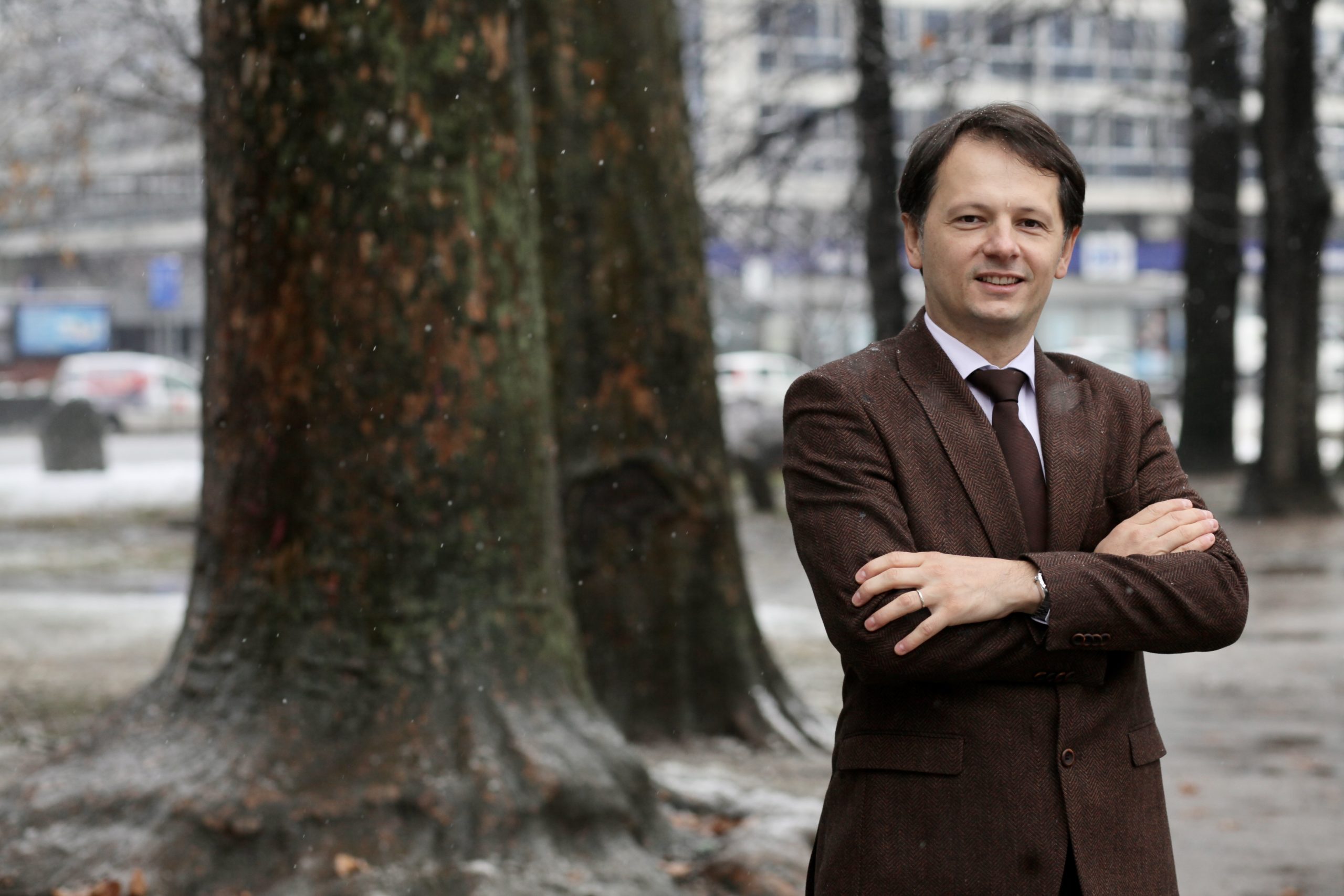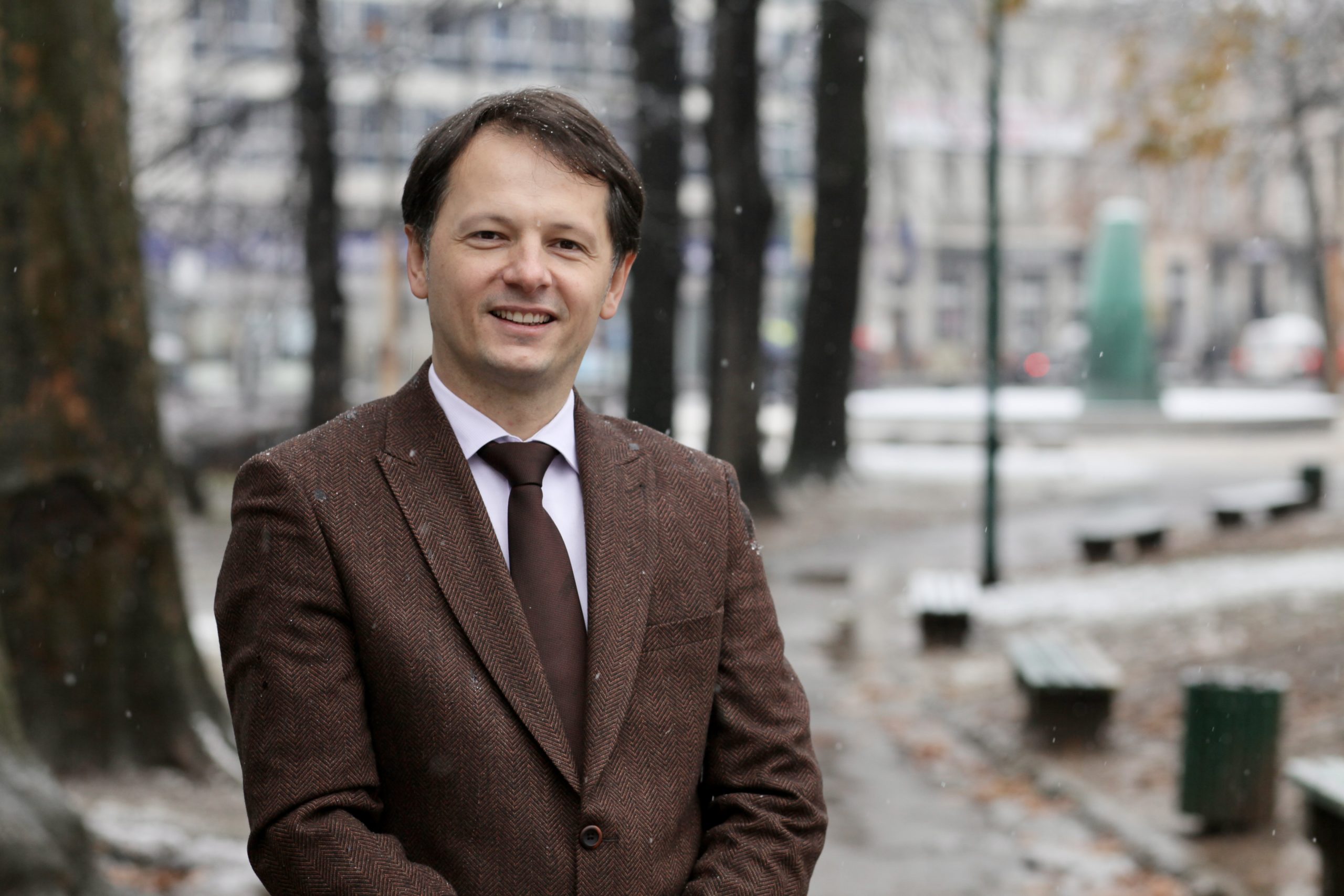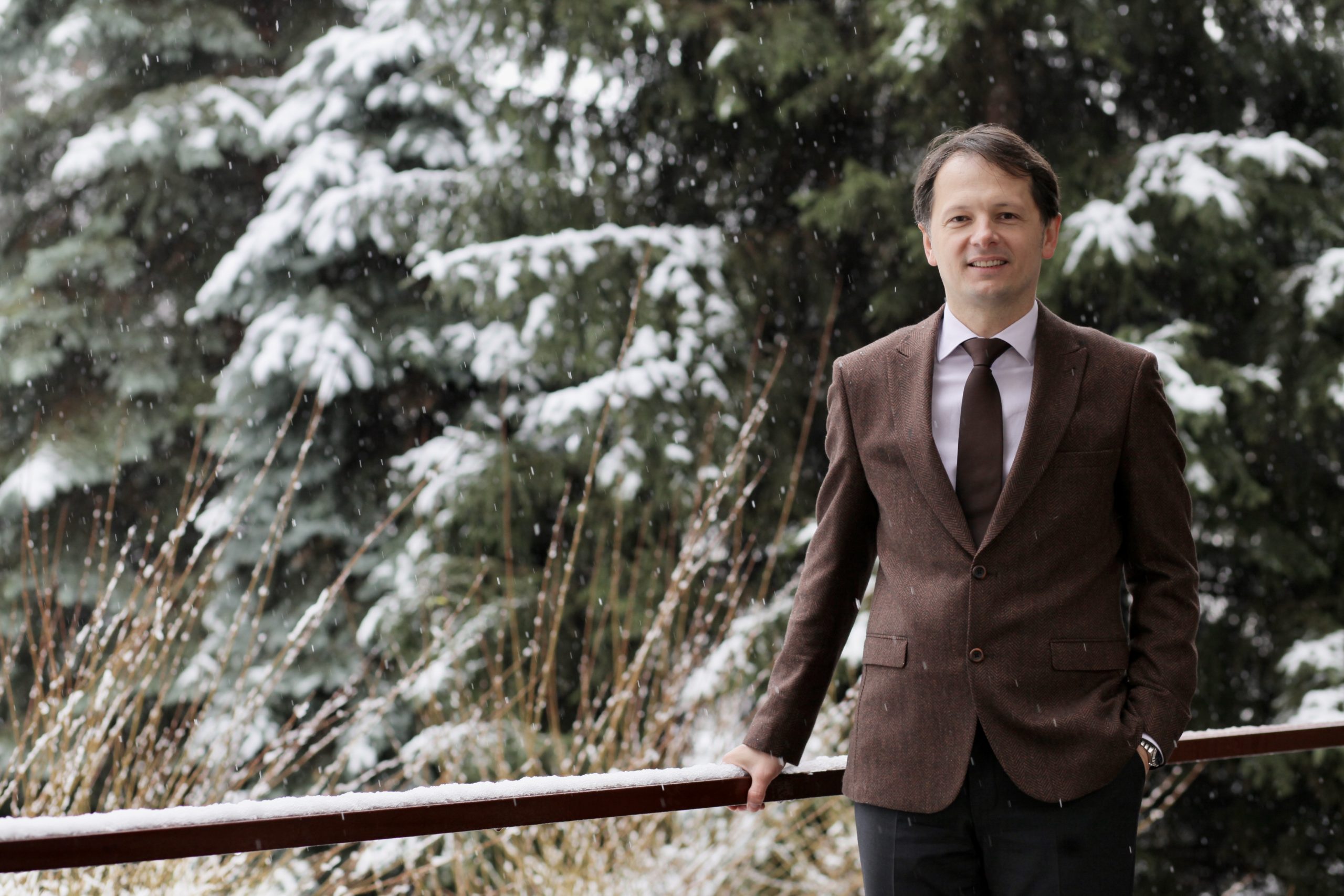The BiH ESAP 2030+ will help protect the environment, provide a critical tool for relevant authorities to achieve environmental sustainability, improve citizen health and contribute to BiH’s EU membership aspirations. During the month of February 2022, government representatives of BiH have shared with us their messages on why the BiH ESAP2030+ is so important for BiH.

Next year, BiH will get an Environmental Strategy and Action Plan for the first time. Why hasn’t an environmental strategy existed until now and how will the first strategy improve environmental issues?
This document should define the strategic framework for environmental protection in Bosnia and Herzegovina. Without a clear vision and identification of the most important issues, it is not possible to define concrete activities and measures that will improve the environment.
In the past, there were several unsuccessful attempts to develop a state-wide strategy, but there was no support at the political level. Recently, with the support of the European Commission and Sweden, enabling conditions have been created which meant that this extremely complex process could begin.
Given the complexity of the topic, the future BiH ESAP strategy is one of the most challenging projects in Bosnia and Herzegovina in the post-war period in terms of content, number of institutions and professionals taking part in the whole process.
How will BiH ESAP 2030+ help BiH on its path to the European Union?
On a long-term basis, the project will contribute to improving the state of environmental protection in BiH as well as progress in BiH’s accession process to the EU. For many years, the European Commission has been asking BiH to adopt a sectoral strategic document, which was stated in the documents from the meetings of the relevant sub-committee on the environment and the Stabilisation and Association Committee, as well as in the reports of the European Commission.
The adoption of BiH ESAP will be considered an important step for BiH in meeting the conditions set by the European Commission for Bosnia and Herzegovina on its path to the European Union and facilitate access to IPA assistance instruments (IPA is the means by which the EU has been supporting reforms in the enlargement region with financial and technical assistance).
COP26 was recently held where the importance of combating climate change was emphasised. What are BiH’s priorities and plans in the fight against climate change?
The strategic vision of the EU is to have a climate-neutral economy by 2050 in accordance with the goal of the Paris Agreement, that the global increase in temperature should not exceed 2°C and that efforts should be made for it to be below 1.5°C. In a way, the countries of the Western Balkans have taken on this vision as an obligation by adopting a document called the Green Agenda for the Western Balkans.
Climate change is recognised as one of the areas covered by BiH ESAP. The best domestic experts are engaged to offer the best solutions for the time ahead of us, in cooperation with colleagues from Sweden.
It is important to mention here the Integrated National Energy and Climate Plan (NECP) for Bosnia and Herzegovina for the period from 2021 to 2030, which contains a description of planned policies and measures and the necessary investments to achieve these goals. Achieving the goals should be described within the five dimensions of the NECP, which will simultaneously ensure a secure energy supply and economic development:
- Security of supply
- Energy market
- Energy efficiency
- Decarbonisation
- Research, innovation and competitiveness.
Despite its dependence on fossil fuels, BiH remains a net exporter of electricity, with huge potential for growth in the energy sector. Our country is rich in natural resources (such as sun, wind) that could provide the energy needed. This gives Bosnia and Herzegovina an advantage in the global fight against climate change. BiH should start the transition to “green” energy options as soon as possible.
We believe that BiH can make this energy transition in the next decade. Failure to do so will have more negative consequences for the environment and, ultimately, lead to a halt in economic growth, which will affect the lives of every BiH citizen.

The Green Agenda for the Western Balkans is a new strategy for the growth of the region which is moving from the traditional economic model to a sustainable economy in accordance with the European Green Deal. Can you tell us a bit more about this Agenda and how it relates to BiH and the BiH ESAP? What are the priorities of BiH for the next period in order to achieve the goals of the Green Agenda?
The European Green Deal is a set of policies and measures to make the European Union climate neutral by 2050. In the Green Deal, the European Commission stated, among other things, that the ecological transition for Europe will be fully effective only if the countries in the region take effective measures for the energy transition.
The Green Agenda for the Western Balkans is envisaged by the European Green Deal. By signing the Sofia Declaration on the Green Agenda, the countries of the region have committed themselves to achieve climate-neutrality by 2050.
Accompanying this Agenda are guidelines for the implementation of it, and they define activities in five key areas that are the same as in the European Green Deal:
- Climate action, including decarbonisation, energy and mobility;
- Circular economy, with special emphasis on waste, recycling, sustainable production and resource usage efficiency;
- Biodiversity, which aims to protect and restore the region’s natural resources;
- Combating air, water and soil pollution;
- Sustainable rural areas and food production chains.
The EU will provide financial and technical assistance to those most affected by the transition to a green economy. The European Commission has pledged EUR 9 billion to EUR 14 billion for the Western Balkans to help implement the Agenda, confirming the seriousness and importance of these activities.
In October 2021, the leaders of the Western Balkan countries adopted an action plan for the implementation of the Green Agenda in Brdo near Kranj. The realisation of certain activities from the action plan is expected at the beginning of next year.
The new Environmental Strategy and Action Plan – BiH ESAP 2030+ takes into account both the EU Green Deal and the Green Agenda for the Western Balkans as key documents.
In addition, the United Nations Development Programme (UNDP) in BiH is starting the implementation of the project “Roadmap for the circular economy of Bosnia and Herzegovina”, as the first step towards integrating the concept of circular economy in Bosnia and Herzegovina. A similar plan is being prepared at the regional level, which is all in line with the above-mentioned plans.
BiH is rich in numerous tourist destinations. What is your favourite that you would recommend to our readers and why?
Our country is rich in tourist gems and potentials. It is difficult to select one destination, since every city, mountain, lake and river is beautiful in its own way. I would like to tell everyone to visit this country and its riches, to get acquainted with all the beautiful natural landscapes that abound. Since it is winter and I am a passionate skier, I recommend going to the “Olympic mountains”: Bjelašnica, Igman, Jahorina and Trebević and other local ski resorts.
The interview was published on the Klix.ba portal on February 25, 2022.







